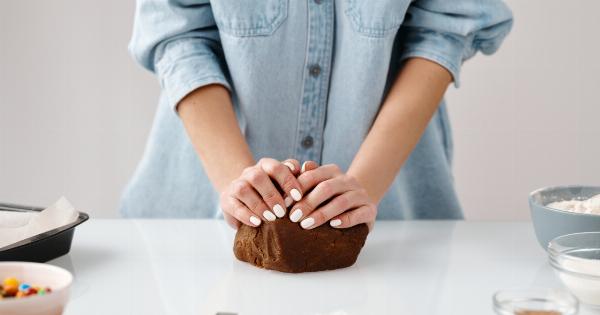Hyaluronic acid or hyaluronan is a molecule that is naturally produced in our body. It is present in our connective tissues, skin, and eyes. The primary function of hyaluronic acid is to retain moisture, which makes it an essential element for our skin.
Hyaluronic acid helps in keeping the skin hydrated, plump, and supple. As we age, the production of hyaluronic acid decreases, which leads to the early signs of aging, such as fine lines and wrinkles.
What is Hyaluronic Acid?
Hyaluronic acid is a sugar molecule that resembles a gel-like substance. It is found naturally in the body, primarily in the joints, eyes, and skin. It can hold up to 1,000 times its weight in water, making it a super-hydrator.
Hyaluronic acid is responsible for keeping your skin, joints, and eyes lubricated, which helps in maintaining their functionality.
How Does Hyaluronic Acid Work?
Hyaluronic acid works by attracting and retaining moisture. It does this by binding to water molecules, which creates a gel-like substance that helps in maintaining hydration in the skin.
When applied topically, hyaluronic acid helps in moisturizing the skin, making it plump and supple. When injected into the skin, it fills the gaps between the skin cells, smoothing out fine lines and wrinkles. Hyaluronic acid is also used in joint injections, where it acts as a lubricant, reducing friction and relieving pain.
What are the Benefits of Hyaluronic Acid?
The primary benefits of hyaluronic acid are related to skincare. Hyaluronic acid helps in retaining skin hydration, making it plump and youthful. It also helps in smoothing out fine lines and wrinkles, reducing the signs of aging.
In addition to its anti-aging benefits, hyaluronic acid also has anti-inflammatory and anti-bacterial properties, making it suitable for acne-prone skin. Hyaluronic acid is also used in joint injections, where it helps in reducing inflammation and relieving pain.
What are the Different Types of Hyaluronic Acid?
There are two main types of hyaluronic acid that are used in skincare products: high molecular weight and low molecular weight.
High molecular weight hyaluronic acid has a larger molecule size, which means it sits on top of the skin and provides a hydrating barrier. Low molecular weight hyaluronic acid has a smaller molecule size, which means it can penetrate the skin and provide deeper hydration. Both types of hyaluronic acid can be used in skincare products, depending on the desired effect.
How Do You Use Hyaluronic Acid?
Hyaluronic acid can be used in various forms, including serums, creams, and injectables. When using hyaluronic acid in topical products, it is important to apply it to damp skin. This helps in increasing its effectiveness by trapping moisture in the skin.
Hyaluronic acid is safe to use, as it is a naturally occurring substance in the body. However, it is always best to consult with a dermatologist before starting any new skincare routine.
What are the Side Effects of Hyaluronic Acid?
Hyaluronic acid is generally safe to use, but like any other skincare product, it can cause side effects. When injected in large quantities, hyaluronic acid can cause lumps or bumps in the skin.
This is a rare occurrence, but it can happen, especially if the injection is not administered correctly. When used topically, hyaluronic acid can cause a mild tingling sensation, which is a normal reaction. However, if you experience any redness or itching, stop using the product immediately and consult with your dermatologist.
Who Should Use Hyaluronic Acid?
Anyone can use hyaluronic acid, regardless of their age or skin type. Hyaluronic acid is especially beneficial for those with dry, dehydrated or aging skin.
If you have sensitive or acne-prone skin, it is best to consult with a dermatologist before using any new skincare product.
Conclusion
Hyaluronic acid is a miracle ingredient that can work wonders for your skin. It is a natural substance that helps in retaining moisture, making it an essential element for our skin.
Hyaluronic acid is present in our bodies, but as we age, its production decreases, leading to the early signs of aging. When used in skincare products, hyaluronic acid helps in keeping the skin hydrated, plump, and youthful. It also has anti-inflammatory and anti-bacterial properties, making it suitable for acne-prone skin.
Hyaluronic acid is generally safe to use, but like any other skincare product, it can cause side effects. If you experience any discomfort or irritation, stop using the product immediately and consult with a dermatologist.































